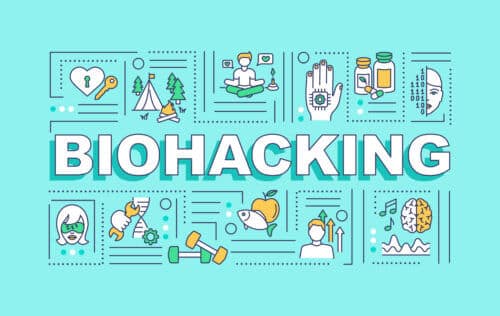Cyber researchers from Ben-Gurion University of the Negev warn of a cyber attack that could mislead biologists and cause them to produce dangerous toxins in their laboratories

Malware can reach the computers of biological engineers and damage biological processes taking place in their laboratory. This loophole, combined with inadequate cyber security controls, raises the fear of creating viruses or toxins, without the scientists' knowledge. This is according to a new study by cyber researchers at Ben-Gurion University of the Negev, published this week in the journal Nature Biotechnology.
A weakness in the US Department of Health (HHS) guidelines for synthetic DNA suppliers (molecules containing genetic information) allows filtering procedures to be bypassed and makes it difficult for the protection software to locate the offending DNA.
"In order to regulate both intentional and unintentional production of dangerous substances, most synthetic gene suppliers comprehensively check all orders for the existence of dangerous DNA sequences in the content. But companies that are content with scanning according to the guidelines of the Ministry of Health in the USA may miss dangerous orders", he says Dr. Rami Pozis, head of the laboratory for analyzing complex networks and researcher in the department of software engineering and information systems. "Our experiments showed that 16 out of 50 malicious DNA sequences were not detected in the scan according to the HHS guidelines," Pozis noted.
The first to introduce legislation to regulate the purchase of gardens in 2020 was the state of California.
This weakness is compounded by several failures in securing the reliability of DNA orders. Together they enable a cyber attack in which toxic DNA is injected into a routine order. This attack demonstrates a significant new threat where malicious code can interfere with biological processes.
Cyber attack of biological engineering software
Although there are simpler attacks that can harm biological experiments, the researchers chose to demonstrate a scenario that demonstrates the use of cyber weaknesses at three different levels in the work processes of biological engineering: software, scanning of DNA orders and biological protocols. This scenario highlights the opportunities to apply network security knowledge in new contexts such as biosecurity and gene coding.
“This attack scenario highlights the need to harden the synthetic DNA supply chain with defenses against cyber-biological threats. To address these threats, we propose an improved filtering algorithm that takes into account the accessibility of genetic editing tools and gene shuffling," Pozis concluded.
More of the topic in Hayadan:

2 תגובות
On the face of it, the DNA games of the scientists seem incredibly dangerous
When the mother ate from the tree of knowledge we were expelled from Eden
What will happen when we steal from the tree of life??????????